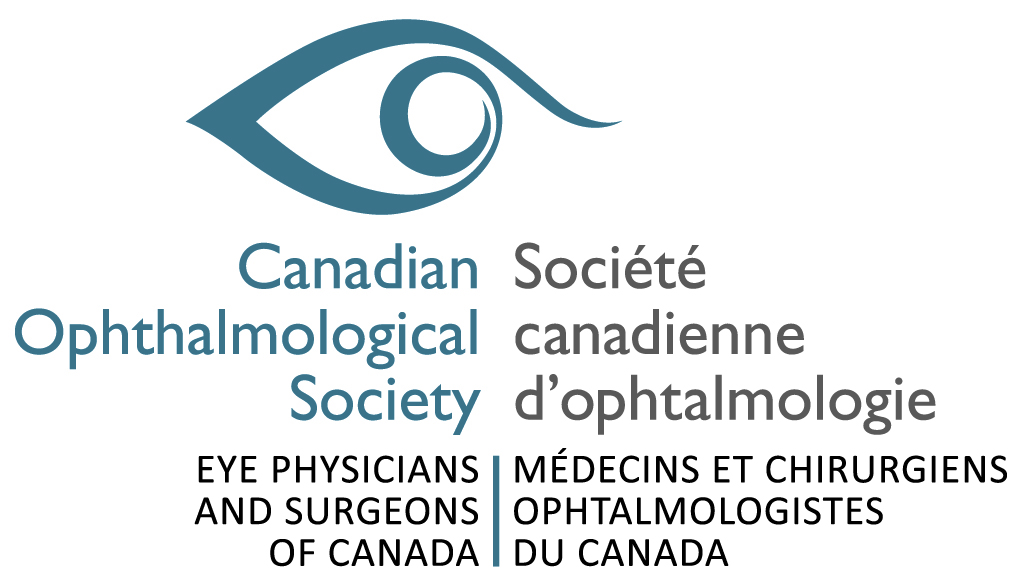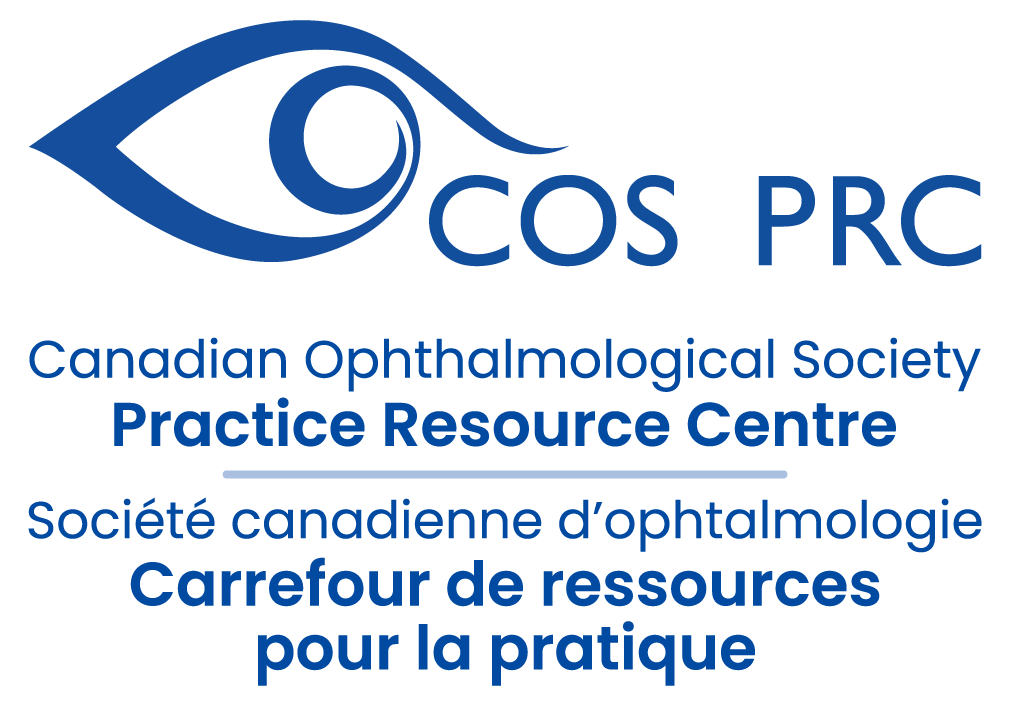International Uveitis Study Group Document Collection About the Care of Uveitis Patients in the COVID-19 Pandemic

Additional Considerations to Help Manage the Anti-VEGF Injection Burden during the COVID-19 Pandemic
April 4, 2020


Background
At the Association of Canadian University Professor of Ophthalmology (ACUPO) teleconference on March 24, 2020, Canadian Department Heads were interested in developing recommendations to assist balancing crucial reductions in anti-VEGF treatment volumes, driven by the COVID-19 virus, with essential treatments still needed for sight preservation. Following a literature review focusing on randomized clinical trials, the following recommendations were developed. Subsequently, the document was reviewed by ACUPO and the Canadian Ophthalmological Society (COS) for feedback.
This document Additional Considerations to Help Manage the Anti-VEGF Injection Burden during the COVID-19 Pandemic is supplementary to and expands on the foundational CRS March 19, 2020 Canadian Retina Society (CRS) Position Statement on Intravitreal Injections and the Management of Retinal Diseases during the COVID-19 Crisis. Both documents can be found on the COS Practice Resource Center. The data and suggestions that follow, as always, do not replace appropriate clinical judgement; clinicians will need to consider the specifics of each patient’s unique ocular and systemic health status and provide care that is in the patient’s best interest.
Access Details
Canadian Glaucoma Society Recommendations for Providing Eye Care to Glaucoma Patients During COVID-19 Pandemic
April 16, 2020



Background
The COVID-19 Pandemic has led to widespread implementation of physical isolating measures and cessation of non-urgent medical visits and procedures. This document is to provide guidance to physicians caring for glaucoma patients to help mitigate the risk to patient and care provider while balancing the need for treatment to preserve vision. As this is a rapidly evolving health care crisis, these recommendations may be modified, and we urge all clinicians to use their own best judgement to individually manage patient care with best practices in mind. These recommendations are based upon and supplemental to the March 20, 2020 COS and ACUPO Guidelines for Ophthalmic Care during COVID-19 Pandemic and guidelines from American Academy of Ophthalmology, and the United Kingdom National Health Society guidelines.
Access Details
Read the full recommendations from the Canadian Glaucoma Society.
The Canadian Glaucoma Society Recommendations for Providing Eye Care to Glaucoma Patients During COVID-19 Pandemic was endorsed by the Canadian Ophthalmological Society (COS) and the Association of Canadian University Professors of Ophthalmology (ACUPO) on April 9, 2020.
Youtube webinars organized by Oftalmo-University
Youtube webinars organized by Oftalmo-University
Access Details
Learn more about the OFTALMO BINARS live/recorded youtube webinars organized by Oftalmo-university
Many of the sessions are in Spanish but there are some sessions in English.
Archived content, with recorded previous sessions can be found here
Recommended COVID-19 Resources
Recommended COVID-19 Resources
On 11 March 2020, World Health Organization (WHO) declared that the COVID-19 outbreak was a pandemic. What seemed to be overnight, our clinical, academic and personal lives turned upside down grappling with this new reality. COVID-19 has and will continue to impact communities and cities across Canada.
Ophthalmologists – not unlike our colleagues across medicine – have many questions. How do I protect myself and my patients from COVID-19? How do I decide which clinical activities to continue and which to temporarily put on hold? Are there unique ocular implications of COVID-19?
These are some of the many questions we are facing. While there are no easy answers, there are several resources available to guide Canadian ophthalmologists in navigating these unchartered waters. The Practice Resource Committee (PRC) has compiled a list of some available resources for use. With this pandemic evolving ever so quickly, new and updated resources will become available. Please continue checking this page to stay informed on the latest recommendations to assist you in your practice and feel free to drop us a line if you come across a resource you would like to suggest. Finally, we also strongly encourage you to refer to your provincial or territorial guidelines for the standards that apply to you and your practice.
Canadian
- COS and ACUPO https://cosprc.ca/resource/guidelines-for-ophthalmic-care/
- Institut national de santé publique du Québec https://www.inspq.qc.ca/sites/default/files/covid/2957-mesures-exceptionnelles-equipements-protection-individuelle-covid19.pdf
American
- AAO: https://cosprc.ca/resource/aaos-new-recommendations-regarding-urgent-and-nonurgent-patient-care/
Retina
- Retina International: http://www.retina-international.org/statement-from-retina-international-and-its-scientific-and-medical-advisory-board-on-covid-19/
- https://cosprc.ca/resource/canadian-retina-society-crs-position-statement-on-intravitreal-injections-and-the-management-of-retinal-diseases-during-the-covid-19-crisis/
Uveitis
- International Uveitis Study Group: https://www.iusg.net/library
Resources for your practice
International
- International Agency for Prevention of Blindness: https://www.iapb.org/news/covid-19-resources-here-is-what-we-know/
- French Society of Ophthalmology: http://www.icoph.org/downloads/French-Society-of-Ophthalmology-COVID-19-Guidelines.pdf
- Mexican Society of Ophthalmology: https://www.smo.org.mx/
- Philippine Academy of Ophthalmology: https://pao.org.ph/public/
Self-care
Recommended by Zainab Khan, MD, FRCSC
Practice Resource Centre Committee Member, Canadian Ophthalmological Society
Physician Wellness: Offer of Support to All Canadian physicians during the COVID-19 Crisis
Dr. Mamta Gautam, is an Ottawa-based psychiatrist, known as the Doctors’ Doctor, with expertise in physician health and physician leadership. She is hosting a free daily Zoom call to offer mutual peer support to colleagues as we deal with COVID19.
-Zoom call, at 4 pm EST for 1 hour, 7 days/week
-Please feel free to drop in, as often as you want, for as long as you want. No commitment.
-This is not therapy or psychiatric care, just peer support.
-While unable to guarantee confidentiality, Dr. Gautam is doing her best to ensure privacy.
-It will not be recorded in any way.
Please email her at [email protected] for the link and password for access to the Zoom calls.
COS and ACUPO Guidelines for Ophthalmic Care during COVID-19 Pandemic
March 20,2020


Background
We are in the midst of a global crisis, which changes daily. Our federal, provincial, local, hospital, and university authorities provide mandates and recommendations that are applicable to the practice of medicine during the COVID-19 pandemic. The purpose of the guidelines below is not to replace those mandates and recommendations, but to add those specifically relevant to the practice of ophthalmology. The guidelines reflect a collaborative effort among the Canadian Ophthalmological Society, the Association of Canadian University Professors of Ophthalmology, and subspecialty societies. The American Academy of Ophthalmology guidelines at www.aao.org/headline/alert-important-coronavirus-context are also useful for the context of ophthalmic care, and were useful in the development of the guidelines below.
Access Details
Read the full COS and ACUPO Guidelines for Ophthalmic Care during COVID-19 Pandemic
Ensuring our Own Well-being as we Care for Others During the COVID-19 Crisis as Individual Physicians

As individual physicians, we can practice strategies to increase and maintain our personal resilience. Feeling stress does not mean we are not coping well or not able to do our job. In fact, it is a normal human response, and may be useful in allowing us to function during this difficult time. The important thing is to manage it effectively so that stress does not become distress. Using the 5 C’s of Resilience framework (1), there are tangible things we can do to remain well.
Access details
Virtual Care for Canadian Physicians

This playbook was written to help Canadian physicians introduce virtual patient encounters into their daily practices. It is intended to be virtual care platform and vendor agnostic. It focuses on video visits, though phone calls and patient messaging are also categorized as virtual care.
While not exhaustive, the playbook covers all key considerations to succeed at providing safe, effective and efficient care:
• Fitting virtual care into your practice workflow
• Technology requirements
• Scope of practice — what problems can be safely assessed and treated
• “Webside” manner
• The virtual visit from beginning to end
Access Details
Read the full Canadian Medical Association’s Virtual Care Playbook



